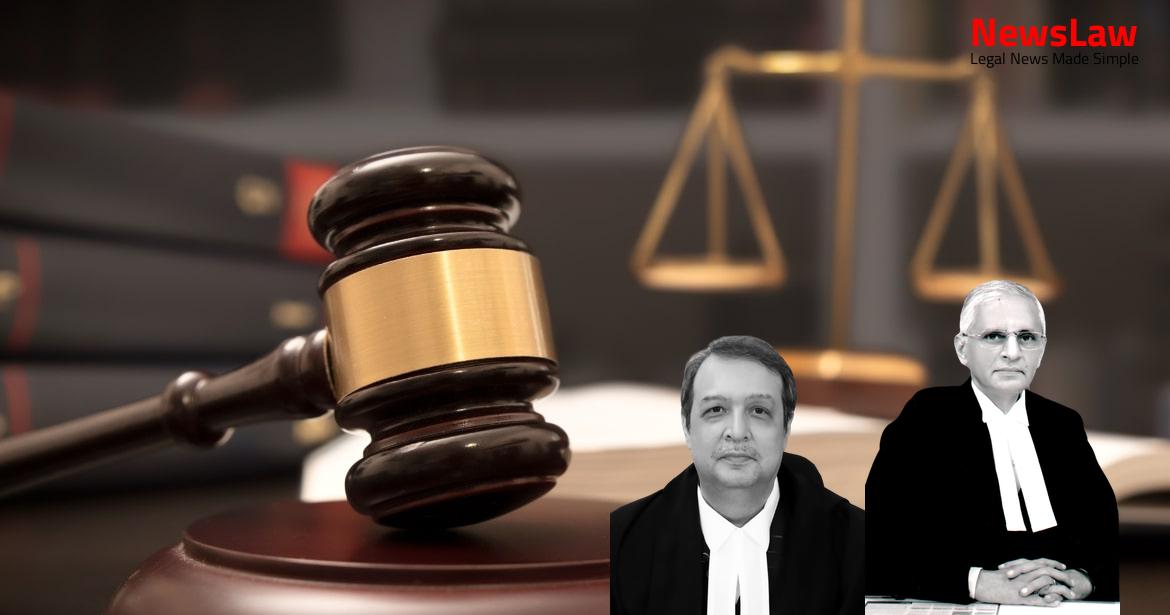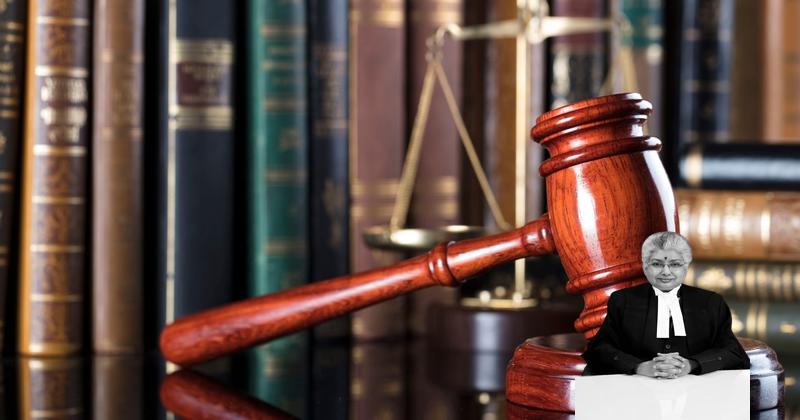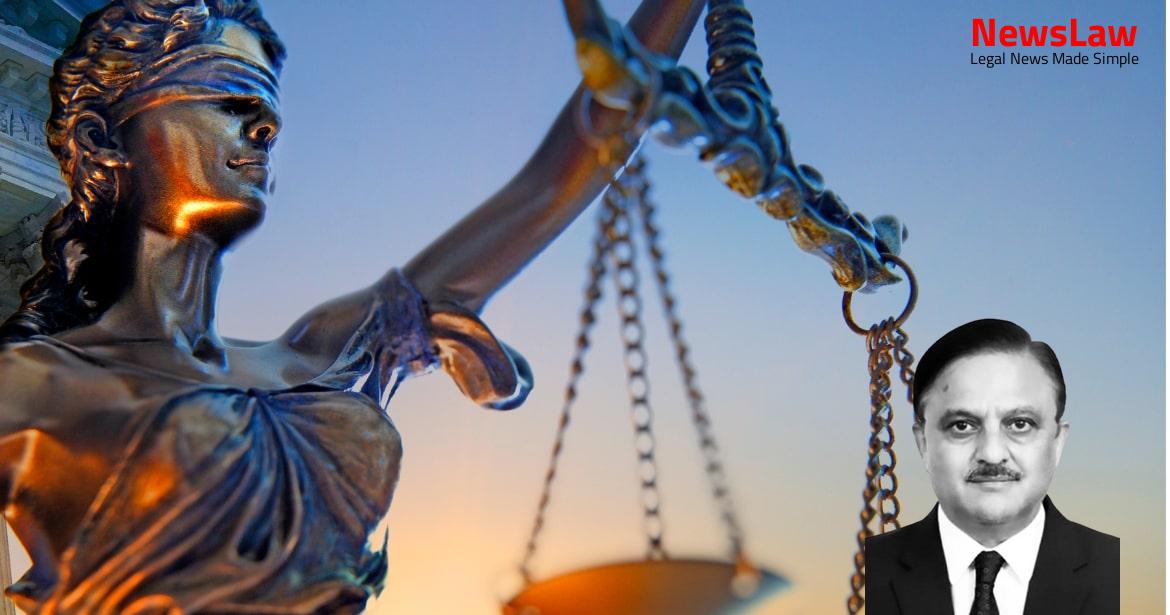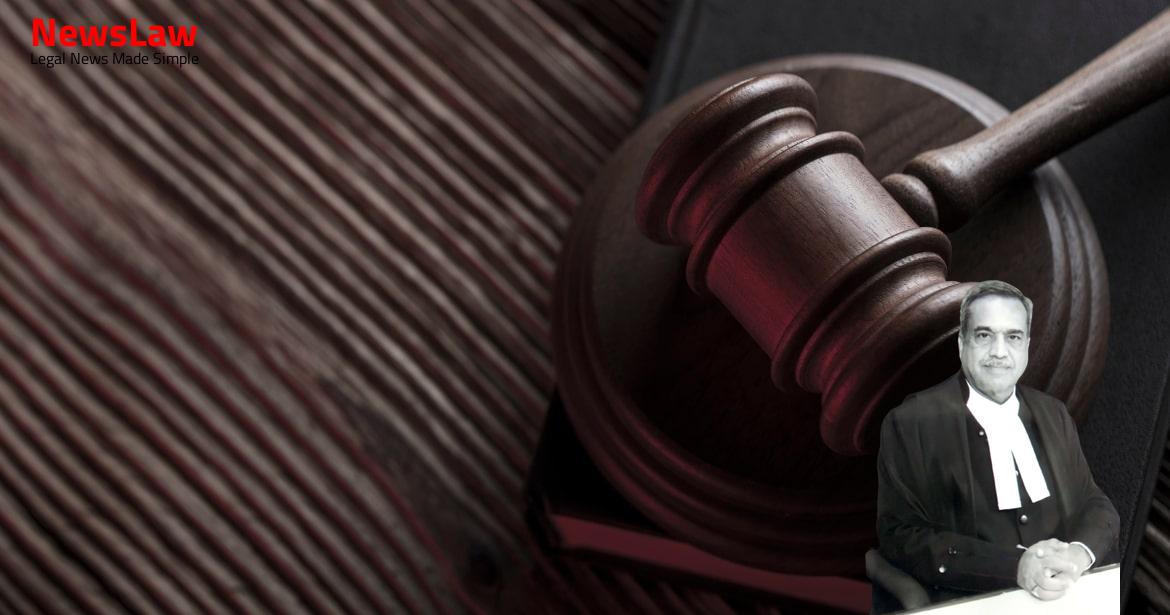Explore the recent legal case concerning the requirement of specific police officer ranks in recording confessions. The court’s in-depth analysis focused on the legal provisions under the MCOCA and SC/ST Act regarding the authority to record confessions. Understanding the importance of the designated ranks of officers in investigating organized crime offenses is essential in ensuring fair trials. Stay informed on the intricacies of legal procedures in serious crime cases involving organized crime syndicates.
Facts
- The appellants are accused of being part of an organized crime syndicate involved in cheating the public through the ‘Mumbai Matka’ gambling scheme.
- The Mumbai Matka involves placing bets on numbers/playing cards with the organizers allegedly manipulating the results to favor their advantage.
- The appellants were arrested at different times following the FIR registration, and the competent authority sanctioned prosecution under MCOCA.
- The accused allegedly transferred money within the syndicate to avoid repayment in case of losing bets, with proceeds used to finance criminal activities.
- The appellants assisted key members of the syndicate by providing accommodation and distributing protection money.
- The raid on a gambling den controlled by Salim Mulla led to the registration of FIRs and investigation under various sections of the IPC and other acts.
- The prosecution alleges that the main organizers of the Mumbai Matka were Prakash Savla, his son Viral Savla, and his brother Jayesh Savla.
- Several appellants are accused of being part of the organized crime syndicate led by Salim Mulla.
- Gambling, while not inherently organized crime, can be used by organized crime syndicates to fund other illegal activities.
- The MCOCA can be invoked if assistance is provided to organized crime syndicates.
- Some appellants are absconding, and their interrogation is necessary.
- Persons involved in organized crime can be proceeded against even if their names were not initially mentioned in the approval.
- Confessions recorded by an Addl. SP are admissible under clause 25(2) of the Bombay Police Manual 1959.
Also Read: Balancing Power and Transparency: Electoral Bonds Struck Down, Disclosure Mandated
Arguments
- The appellants are not presenting individual facts in the appeal, as they plan to address them during the application for regular bail.
- Citing State of Madhya Pradesh v. Chunni Lal, the appellants argue that confessions by an Addl. SP are inadmissible as they are not of the same rank as an SP.
- Referring to State Inspector of Police Vishakhapatnam v. Surya Sankaram Karri, the appellants contend that an Addl. SP is not authorized to record confessions under the MCOCA.
- The main focus of the appellants is to ensure a fair trial in a serious crime involving an organized crime syndicate.
- Mr. Amit Desai highlighted that the challenge in the cases he is arguing is specifically related to the authority of an Addl. SP to record a confession under Section 18.
Also Read: Recall of Resolution Plan Approval: Legal Analysis
Analysis
- Section 25 of the Evidence Act gives overriding effect to the MCOCA
- Confessions made to a police officer shall not be proven against a person accused of an offence under Section 25 of the Evidence Act
- The confession must be made before a police officer not below the rank of the Superintendent of Police as per Section 18(1) of the MCOCA
- The confession should be recorded either in writing or on mechanical devices as per Section 18(1)
- The confession is admissible at the trial of a co-accused, abettor, or conspirator only when charged and tried together with the accused under Section 18(1)
- Several statutory safeguards have been introduced in the MCOCA regarding confessions made to police officers
- An Addl. SP is not of the same rank as an SP according to the Bombay Police Act 1951
- The State of Maharashtra has not empowered Addl. SPs to exercise the powers of an SP
- The legislative intent behind Section 18 MCOCA is to prevent the harassment of the accused.
- Section 18(1) of MCOCA allows a confession to be made before a police officer ‘not below the rank of the Superintendent of Police’.
- The recording of a confession is a substantive piece of evidence under MCOCA.
- A DCP, while posted in a Commissionerate, can be transferred to a district either as an Addl. SP or as an SP, and is eligible to record a confession in either role.
- The statutory requirements under the MCOCA must be strictly followed, and the approval granted is with respect to the offence and not the offender.
- The involvement of additional persons may come to light during the investigation, and the confessions play a crucial role in the process.
- An Addl. SP, DCP, and Commandant are in the same rank as an SP and are interchangeable upon transfer.
- The purpose of the investigation is to determine if a crime has been committed and to shed light on the details of the crime, including the identity of the perpetrators.
- The appellants argue that gambling alone may not constitute organized crime, but could be a means through which abetting of organized crime occurs.
- The invocation of MCOCA for ordinary crimes is not permissible; the Act is meant for serious crimes involving organized crime syndicates or gangs.
- The SP(D) in State of Punjab v. Hardial Singh authorized a Deputy SP to conduct an investigation under the SC/ST Act, but this was ruled as not competent as per Rule 7(1) of the SC/ST Rules.
- The court emphasized the importance of the language used in the SC/ST Rules and MCOCA in determining the authority who can appoint an Investigating Officer.
- The appellants argued that their offense does not meet the criteria of MCOCA, but the Court explained the specific requirements under sections 3(1) and 3(2) of MCOCA for organized crime offenses.
- Various sections of MCOCA were analyzed in relation to the authority required, such as for recording information about organized crime, investigating offenses, and taking cognizance of offenses.
- The Court highlighted instances where confessions made before specific ranks of police officers are admissible as per MCOCA provisions.
- The need for adherence to procedural norms while recording confessions and the significance of the rank of the police officer recording the confession were underscored in the decision.
- The court referred to relevant case laws and interpretations to establish the appropriate rank of the police officers involved in investigations and confessions under specific Acts.
- The summary also mentions the requirement for authorization by specific ranks for various actions under acts like MCOCA and SC/ST Act.
- The case of State of Punjab v. Kamal Ahmed is referenced in analyzing the validity of a confession recorded under MCOCA.
- The judgment in Surya Sankaram Karri did not delve into discussions on rank and designation equivalence or conditions for officers to be considered of the same rank.
- Charge-sheets related to organized crime syndicate are sufficient to fulfill the condition mentioned in Section 2(1)(d).
- The appeals have been found to have no merit and are dismissed.
- Appellants have the liberty to seek bail from the High Court.
- The trial court will consider the evidentiary value of confessions allegedly made by the appellants, and the validation of their recording by an officer in the rank of Superintendent of Police does not imply approval of the contents or voluntary nature of the confessions by the Court.
- Any pending applications have been disposed of.
Case Title: ZAKIR ABDUL MIRAJKAR Vs. THE STATE OF MAHARASHTRA (2022 INSC 855)
Case Number: Crl.A. No.-001125-001125 / 2022



